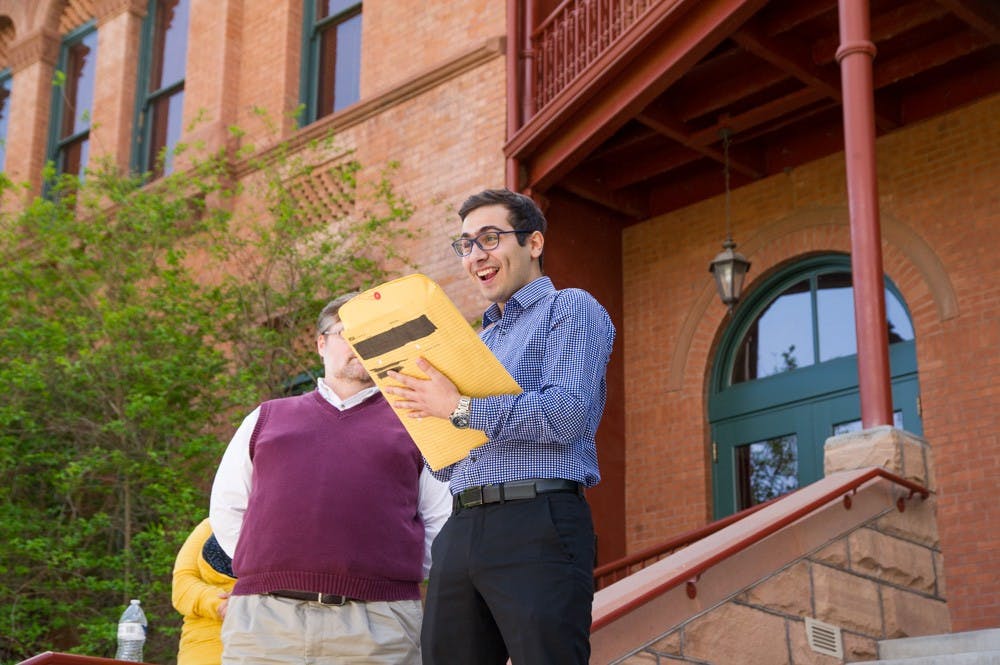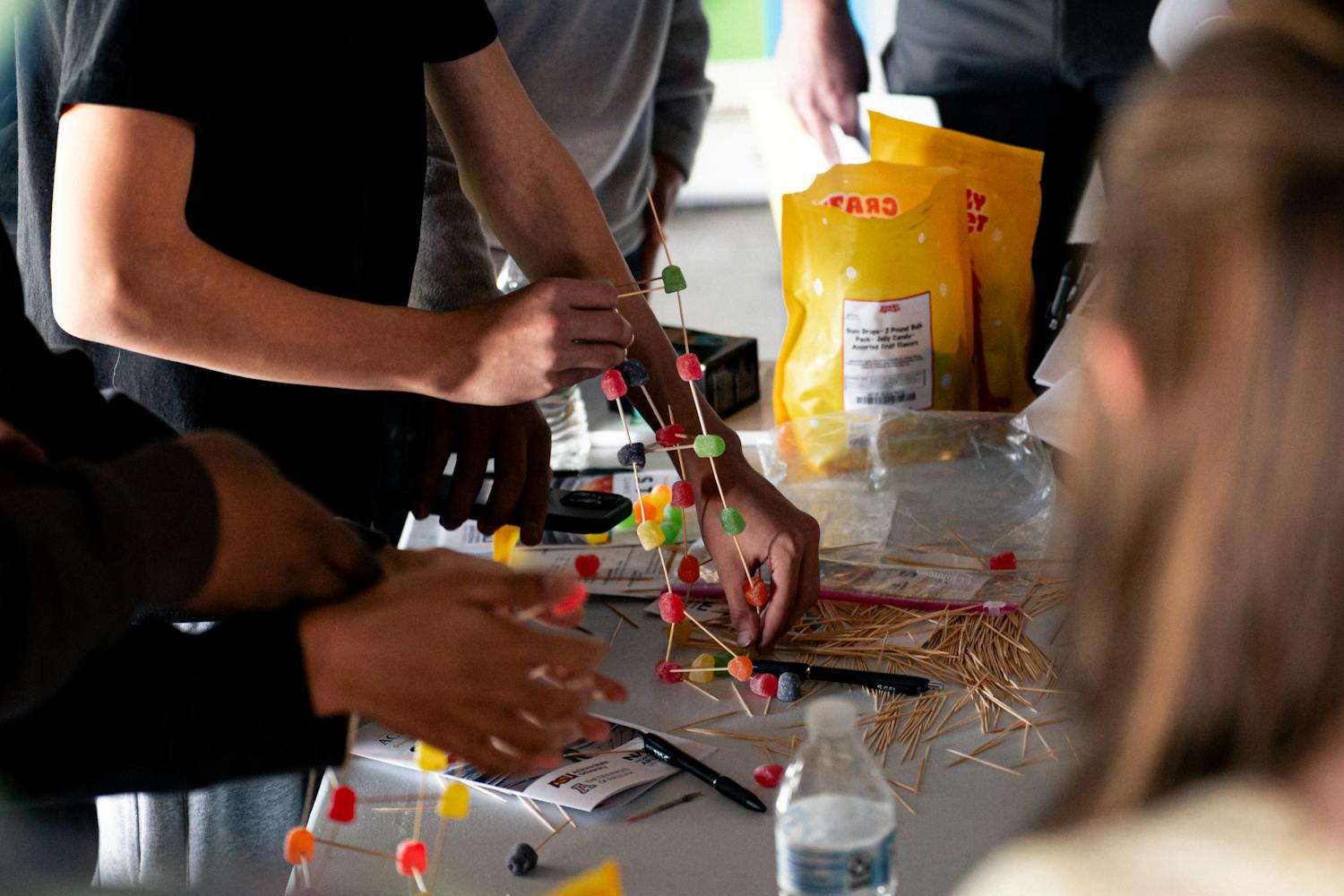At noon Thursday, the results for the Undergraduate Student Government presidential elections were released. Two weeks of hard work by each campaign had come down to this moment. Today, however, there was no winner on the Tempe campus. Instead, the election had been called as a run-off — no executive ticket achieved the 51 percent majority necessary to win.
So, on April 6, the election will be decided again, and students must vote between the DeGravina and the Bishop ticket, the two tickets that had the most votes.
The question then must be asked as to what the significance is for us students. Voter turnout has typically been quite low. When asking students about the (Tempe USG) elections, the typical answer is about the U.S. Presidential election. When I clarify, the answer is “I am not interested” or “who cares.”
This is a keystone election too, as it has been shrouded with hostility and scandalous accusations — some with merit— and an intense battle on the reformation of USG. Some might say the runoff is bad for Tempe USG and some would say it is good. I for one believe that this outcome is good for the students of ASU.
Perhaps the most important takeaway from the result is that the students of Arizona State have a contested opinion with how Tempe USG should move forward. The Bishop ticket, endorsed by current president Isaac Miller, is hotly challenged against the new face of Aundrea DeGravina. DeGravina, who worked in USG, wants to radically change and transform the things Tempe USG can actually do; her message is resonating, too, across campus.
The stalemate between the two parties may also be indicative of a shift in engagement with ASU students. Last year, only about five percent of students participated in the Tempe USG elections, most of which were involved in Greek life. The IFC president and several Greek life leaders endorsed Brandon Bishop, which is a significant advantage.
Yet, several political, social and cultural organizations endorsed DeGravina, as well as the Human Campaign, thus creating an even playing field between the two. More students became involved to voice their opinion this year than last.
In short, the demographics and participation rate in Tempe USG elections is changing and also increasing.
Both tickets have experience in Tempe USG and have a strong supporter foundation. The key factor that will determine the new president will be centered on who can win the Vlastos support group and who can rally enough new voters.
The Vlastos ticket, who failed to finish above either Bishop or DeGravina, definitely made some strides and had decent support, garnering about 15 percent of the vote. Whoever can attract his followers will gain an edge over their opponent.
New voters played a significant role in this election. If their numbers can increase in the week leading up to the run-off election, it could very will tip the balance.
Regardless of the winner on April 6, this election can serve as a catalyst for a drastic change in the way students interact with Tempe USG, for better or for worse. Students, you have one week left and I strongly suggest that you check out both the Aundrea DeGravina ticket and the Brandon Bishop ticket at their respective websites. Tempe USG plays a vital role, so it is time for students to stay informed on who is best qualified to lead them.
Reach the columnist at jeffery.brooks@asu.edu or follow @abrooks14 on Twitter.
Editor’s note: The opinions presented in this column are the author’s and do not imply any endorsement from The State Press or its editors.
Want to join the conversation? Send an email to opiniondesk.statepress@gmail.com. Keep letters under 300 words and be sure to include your university affiliation. Anonymity will not be granted.
Like The State Press on Facebook and follow @statepress on Twitter.





